Adverse vs. Averse-Difference Between With Examples
“Adverse” and “averse” are two terms that often cause confusion due to their similar spellings and pronunciation.
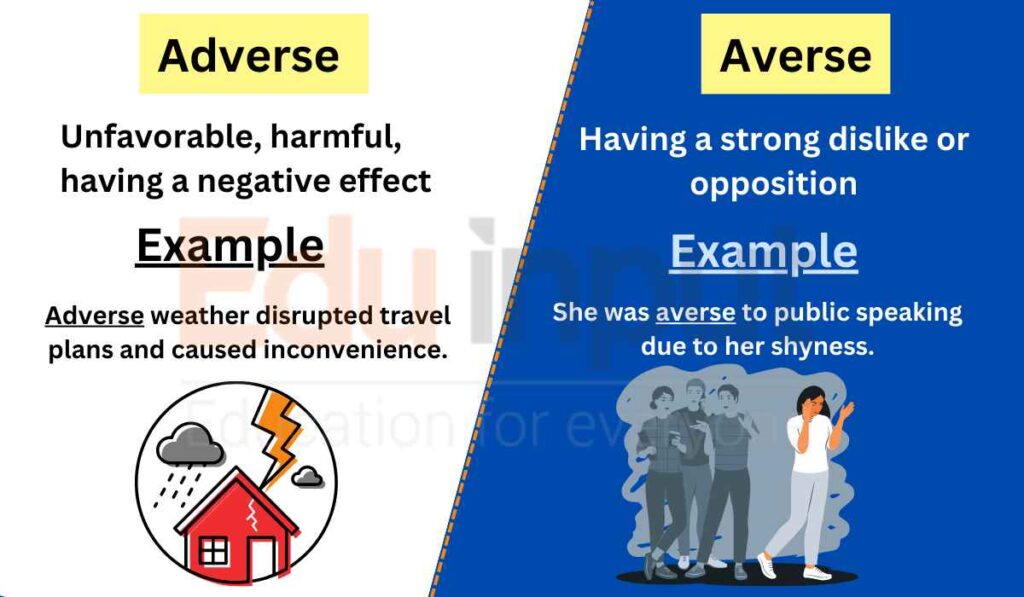
In this article, we will explore the definitions, differences, and grammatical aspects of “adverse” and “averse” to get a better understanding of their nuances.
Meanings and Examples
Here are the meaning and examples explaining Adverse vs. Averse:
Adverse Meanings
Adjective: The meanings of adverse are “Unfavorable or harmful in nature; having a negative or detrimental effect”.
Adverse Examples
- The adverse weather conditions forced the cancellation of the outdoor event.
- He experienced adverse reactions to the medication, leading to severe side effects.
- The company faced adverse economic conditions, resulting in financial losses.
- Adverse circumstances hindered their progress toward achieving their goals.
- The team’s performance was greatly affected by adverse circumstances beyond their control.
Averse Meanings
Adjective: The meanings of Averse are, “Having a strong dislike or opposition towards something; being unwilling or disinclined”.
Averse Examples
- She was averse to taking risks and preferred a stable and predictable life.
- He was averse to the idea of public speaking due to his fear of being in front of a large audience.
- They were averse to change and resisted any alterations to their established routines.
- The child was averse to eating vegetables and would always refuse to consume them.
- The CEO was averse to compromising on ethical standards, even if it meant sacrificing short-term gains.
Differences Between Adverse and Averse
| Criteria | Adverse | Averse |
| Meaning | Unfavorable, harmful, having a negative effect | Having a strong dislike or opposition |
| Part of Speech | Adjective | Adjective |
| Pronunciation | ædˈvɜrs | əˈvɜrs |
| Usage | Describing negative impact | Expressing strong dislike or opposition |
Grammatical Aspects
As Noun
Adverse: “Adverse” can function as a noun (adversity) but with a different meaning.
Averse: “Averse” does not function as a noun.
As Pronoun
Adverse: “Adverse” is not used as a pronoun.
Averse: “Averse” is not used as a pronoun.
As Verb
Adverse: “Adverse” does not have a verb form.
Averse: “Averse” does not have a verb form.
As Adverb
Adverse: “Adverse” does not have an adverb form.
Averse: “Averse” does not have an adverb form.
Usage in a Paragraph
The adverse effects of pollution on the environment are evident in the depletion of natural resources and the destruction of ecosystems. Many individuals are becoming increasingly averse to the use of single-use plastics and are adopting more sustainable practices. Their aversion towards contributing to environmental degradation drives them to seek alternative solutions and advocate for change. By addressing the adverse consequences of our actions and embracing an averse attitude towards harmful practices, we can work towards a more sustainable future.

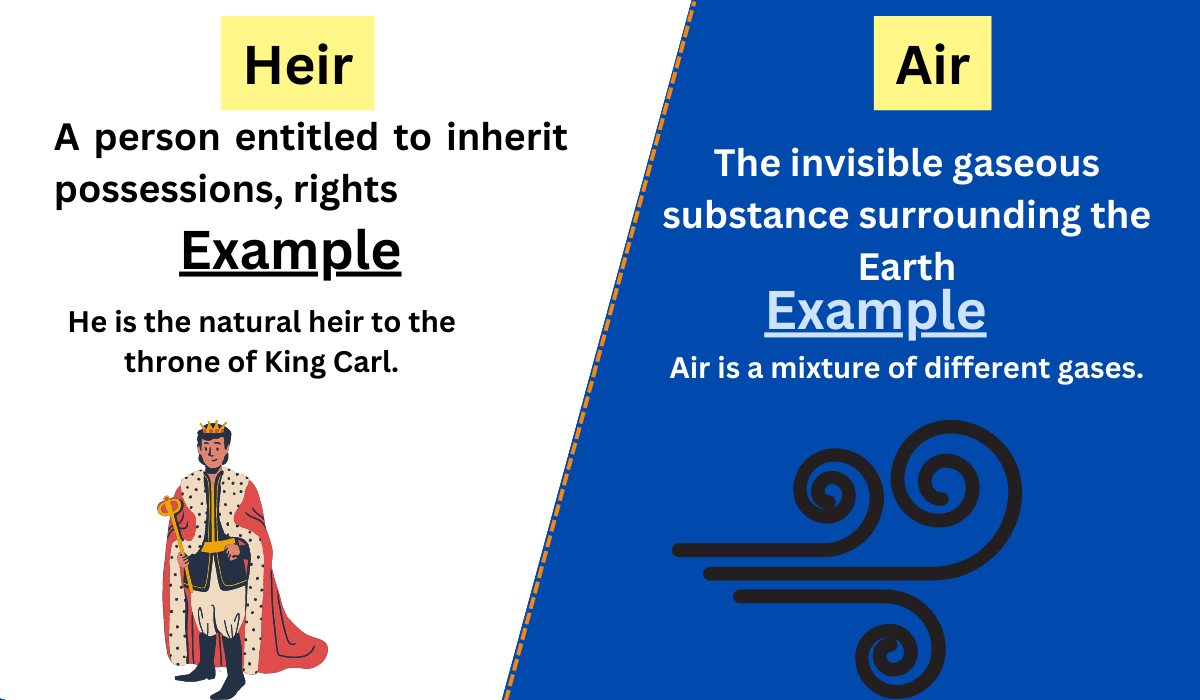
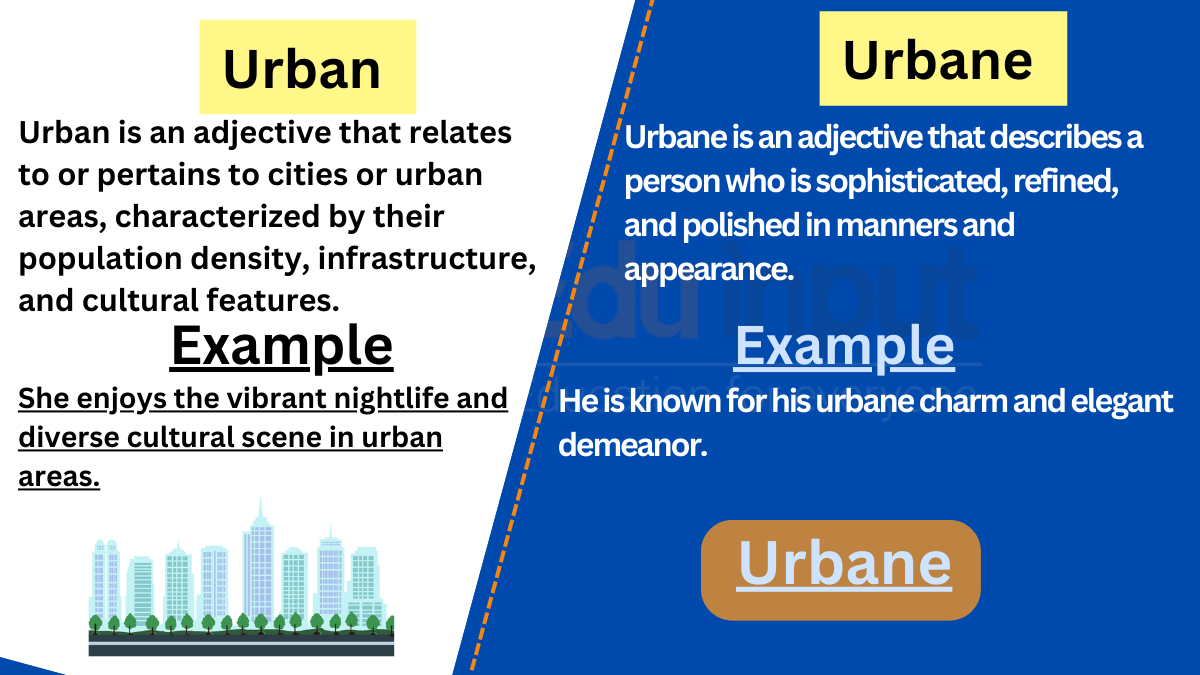
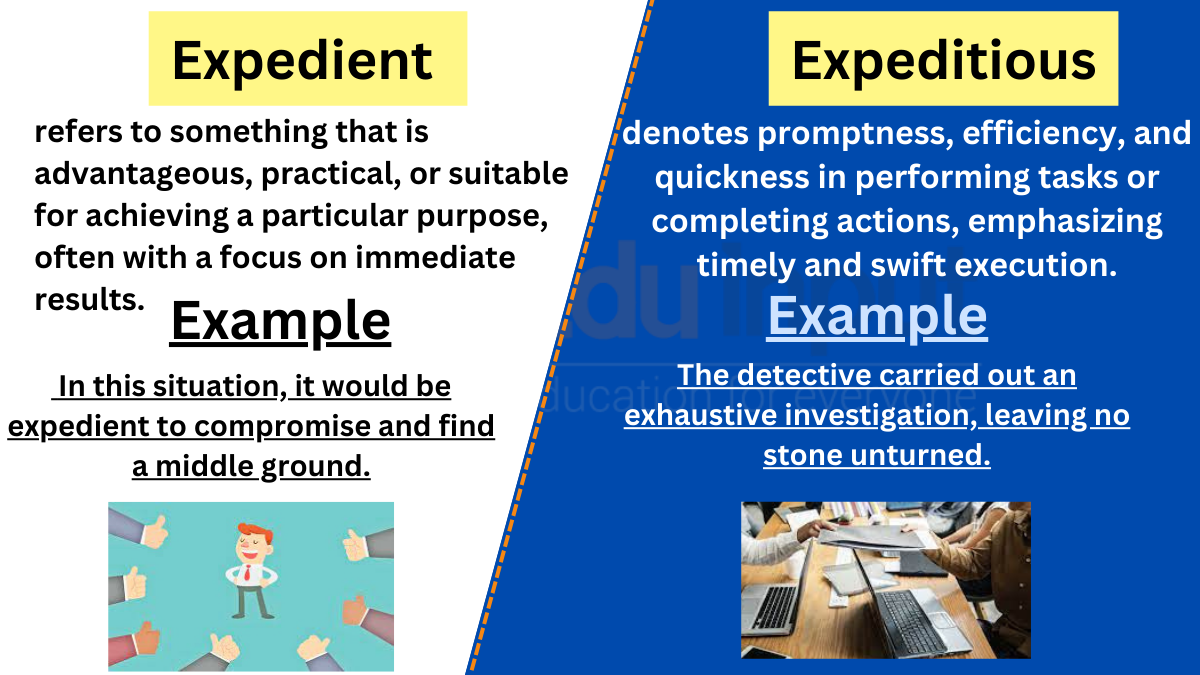
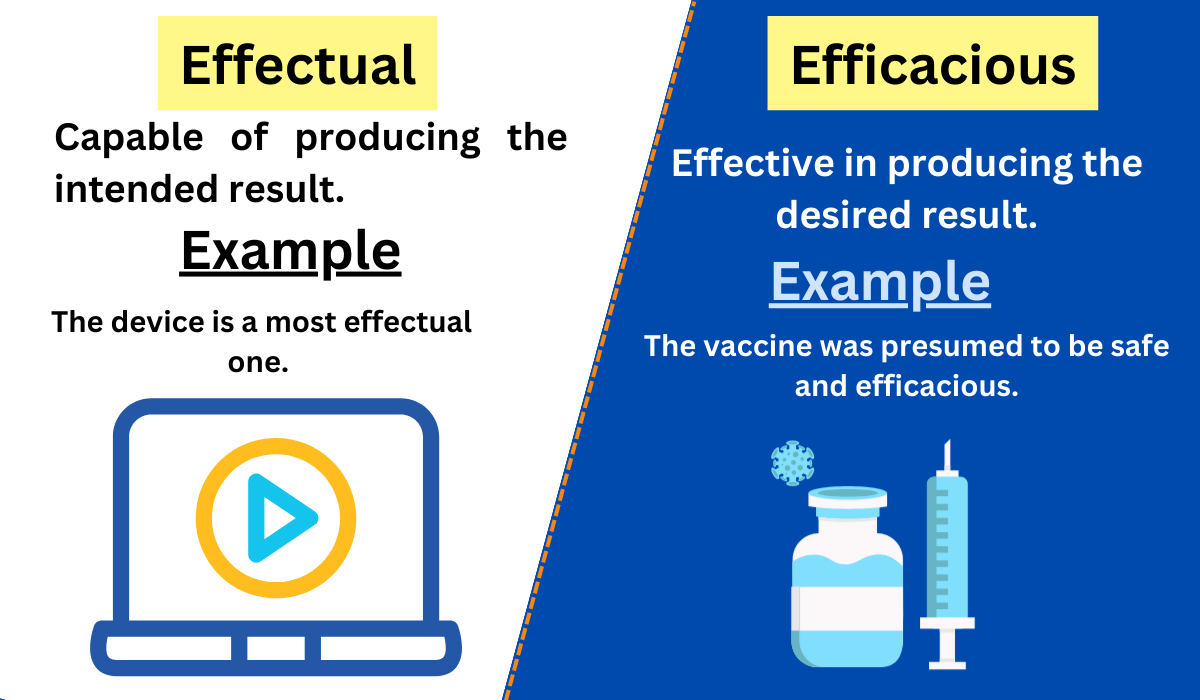


Leave a Reply